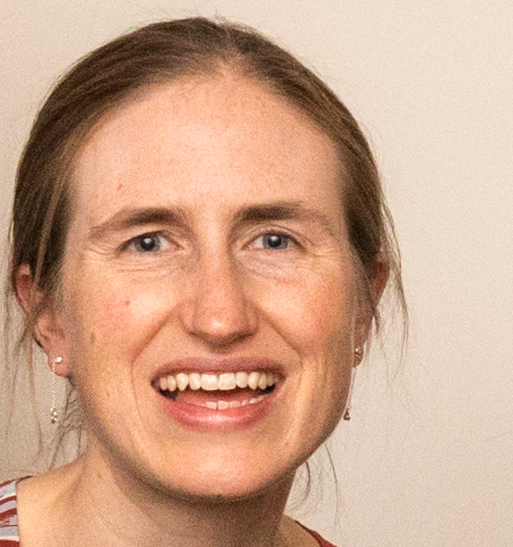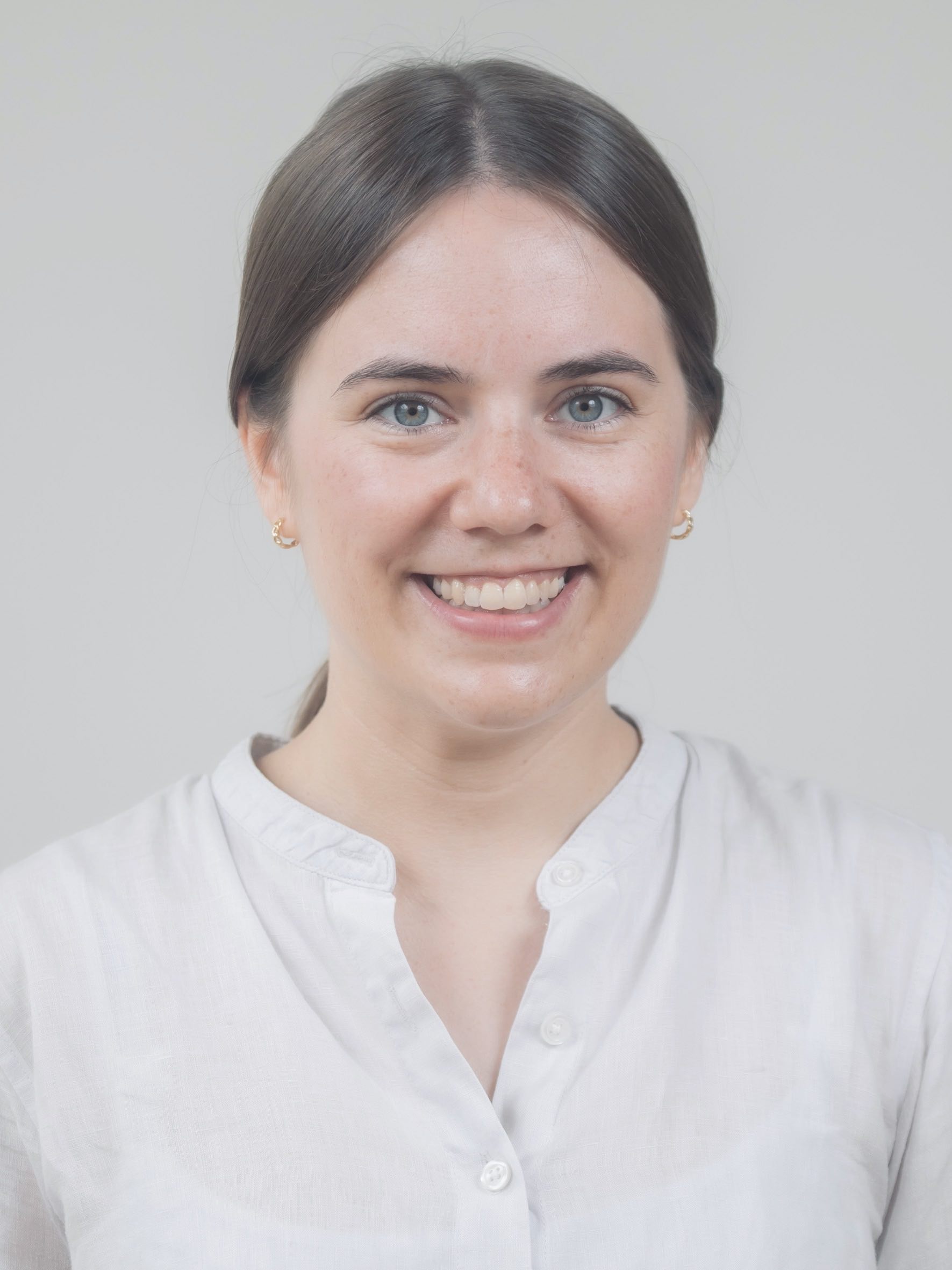
Prof. Emma Brunskill
Stanford University
Emma Brunskill is an associate professor in the Computer Science Department at Stanford University where she and her lab aim to create AI systems that learn from few samples to robustly make good decisions. Their work spans algorithmic and theoretical advances to experiments, inspired and motivated by the positive impact AI might have in education and healthcare. Brunskill’s lab is part of the Stanford AI Lab, the Stanford Statistical ML group, and AI Safety @Stanford. Brunskill has received a NSF CAREER award, Office of Naval Research Young Investigator Award, a Microsoft Faculty Fellow award, an alumni impact award from the computer science and engineering department at the University of Washington, and was recently highlighted for her work at the 20th anniversary of the formation of the joint computer science and AI lab at MIT. Brunskill and her lab have received multiple best paper nominations and awards both for their AI and machine learning work (UAI best paper, Reinforcement Learning and Decision Making Symposium best paper twice) and for their work in Ai of education (Intelligent Tutoring Systems Conference, Educational Data Mining conference x3, CHI).
https://cs.stanford.edu/people/ebrun
Prof. Gal Chechik
Bar Ilan University
Gal Chechik is a Profesor at Bar-Ilan University and a senior director of AI research at NVIDIA. His current research focuses on learning for reasoning and perception. In 2018, Gal joined NVIDIA to found and head nvidia's research in Israel. Prior to that, Gal was a staff research scientist at Google Brain and Google research developing large-scale algorithms for machine perception, used by millions daily. Gal earned his PhD in 2004 from the Hebrew University, and completed his postdoctoral training at Stanford CS department. Gal authored ~130 refereed publications, ~50 patents, including publications in Nature Biotechnology, Cell and PNAS. His work won awards at ICML and NeurIPS.
https://chechiklab.biu.ac.il/~gal/
Prof. Ariel Procaccia
Harvard University
Ariel Procaccia is Gordon McKay Professor of Computer Science at Harvard University. He works on a broad and dynamic set of problems related to AI, algorithms, economics, and society. He has helped create systems and platforms that are widely used to solve everyday fair division problems, resettle refugees, mitigate bias in peer review and select citizens’ assemblies. To make his research accessible to the public, he regularly writes opinion and exposition pieces for publications such as the Washington Post, Bloomberg, Wired and Scientific American. His distinctions include the Social Choice and Welfare Prize (2020), Guggenheim Fellowship(2018), IJCAI Computers and Thought Award (2015) and Sloan Research Fellowship (2015).
http://procaccia.info/
Ulrike Schmidt-Kraepelin
Simons Laufer Mathematical Sciences Institute
Ulrike Schmidt-Kraepelin is a Chern Postdoctoral Fellow at Simons Laufer Mathematical Sciences Institute (SLMath), participating in the semester program on Algorithms, Fairness, and Equity. Prior to coming to Berkeley, she was a postdoctoral researcher at the Center for Mathematical Modeling (CMM) at Universidad de Chile, working with José Correa. In 2022, she received her PhD from Technical University of Berlin, where she was advised by Markus Brill. Her research focuses on the development of fair and efficient algorithms for collective decision-making problems. In particular, she works on multi-winner elections, liquid democracy, matching, fair division, and apportionment.

.jpg)

.jpg)


